Collaborative Efforts to Address Harrisburg’s Combined Sewer Overflows: Part 2
Why This is Not an Easy Issue to Overcome
Just like most environmental problems, Harrisburg’s Combined Sewer Overflow (CSO) system cannot be resolved simply. While many organizations in the region are doing their best to tackle this issue, as are entities representing the 860 other CSO communities across the country, the biggest obstacle in their way tends to be financial.
“A lot of people wonder, ‘Well why can’t you just fix the problem in a couple of years?’ Well, it took a hundred years to build this system, and it is very expensive to undo the system,” said Charlotte Katzenmoyer, CEO of Capital Region water.
“Many of our older cities, Harrisburg among them, have had financial pitfalls and struggles, and the cost of essentially undoing the decisions of a century ago and dealing with our modern understanding of the damaging effects of untreated sewage, as well as unmitigated stormwater, is very costly to implement, said Jamie Shallenberger, Manager of the Monitoring and Protection Program at the Susquehanna River Basic Commission (SRBC). “When you are talking about hundreds of thousands or millions of dollars, in some cases even more, for cities that don’t have a lot of economic power or resources, CSOs become a lower priority.”
However, this issue concerning finance does not, in any way, actually lessen the importance of this problem.
“CSOs are definitely an important problem, a very costly problem, and they tend to really strike all of us in a horrible way,” said Shallenberger. “It is a further insult that the costs associated with CSOs are really high compared to the proportion of nitrogen and pollution it puts into the system—that is going to be a challenge for a long time—getting the resources to make these changes.”
Why We Need More of a Push for Funding to Tackle Harrisburg’s CSOs
Many, including Ted Evgeniadis, Executive Director of the Lower Susquehanna Riverkeeper Association (LSRA), believe that before this issue can be more efficiently confronted there must be more financial backing.
“There should not be raw sewage and bacteria entering the river at any point in time,” said Evgeniadis. “It has been going on far too long and must be stopped, but it won’t be unless the state is held responsible and comes to the table with money—whether it is from the state or from the federal government.”
Capital Region Water seeks to use green infrastructure whenever possible to prevent stormwater from overloading the city’s CSOs because of these cost concerns, but they use traditional grey infrastructure as well when it makes the most sense. For instance, they just completed a $14 million dollar upgrade to the Front Street pump station that allowed us to double the capture of CSOs and bring more into the plant for treatment. As Katzenmoyer said, “We are separating sewers where it makes sense and we have the opportunity, and we are increasing storage within out sewer system in addition to green infrastructure.”

Pervious basketball court in Harrisburg allows rain to percolate through it
While there are alternative or additional projects and solutions to manage this issue, such as separating the stormwater from the sewage in its own pipes, having underground tunnels similar to those in Washington, DC, or installing above-ground storage tanks that would capture the stormwater, costs continue to be a difficult to cross boundary keeping advocates from eagerly accepting such possibilities. These are, unfortunately, “not feasible” according to Katzenmoyer, doubling or even tripling the costs and taking many years to design and construct.
“There should be a really big push, again, not just from the city of Harrisburg or Capital Region Water, or even myself, but also from every single legislator that has a district in this entire state. Funding is what the city needs to protect the river and the greater Chesapeake Bay,” said Evgeniadis.
There is no such thing as too much collaboration, or too great an urge for improvement, when it comes to this issue. Completely overcoming Harrisburg’s CSO problem will not be an easy journey, and while there is no “cure” in the foreseeable future, it is important that this issue not be forgotten, and that the efforts do not diminish.
“Although collaboration has been extremely helpful to the process of combating Harrisburg’s CSOs so far, it will continue to be of importance, and more of it will continue to be needed,” said Scott Weidner, Executive Director of RiverStewards Collaborative. “This is why we must continue to educate on this topic and to insist on more participation and funding for confrontation of this problem. While there is no easy solution, we are making progress—we just need to continue doing so.”
RiverStewards is working with students at Millersville University on Susquehanna Storytelling– a series of blog articles, videos, and other means of educating people on what makes the Susquehanna River so special and important to the economy, the environment, and to our quality of life. If you are a college professor located at an institute of higher learning within the Susquehanna River watershed and would like to have your students involved in Susquehanna Storytelling, please contact Jessica Aiello by sending email to: jessica@riverstewards.info.
The opinions expressed in this article do not necessarily reflect those of the author or RiverStewards. All information presented here is as true and accurate to the person quoted as is possible.
- Collaborative Efforts to Address Harrisburg’s Combined Sewer Overflows: Part 2 - December 9, 2021
- Collaborative Efforts to Address Harrisburg’s Combined Sewer Overflows: Part 1 - November 16, 2021
- Millersville Students Embrace the Beauty of the Susquehanna River on a Kayaking Trip - October 26, 2021



